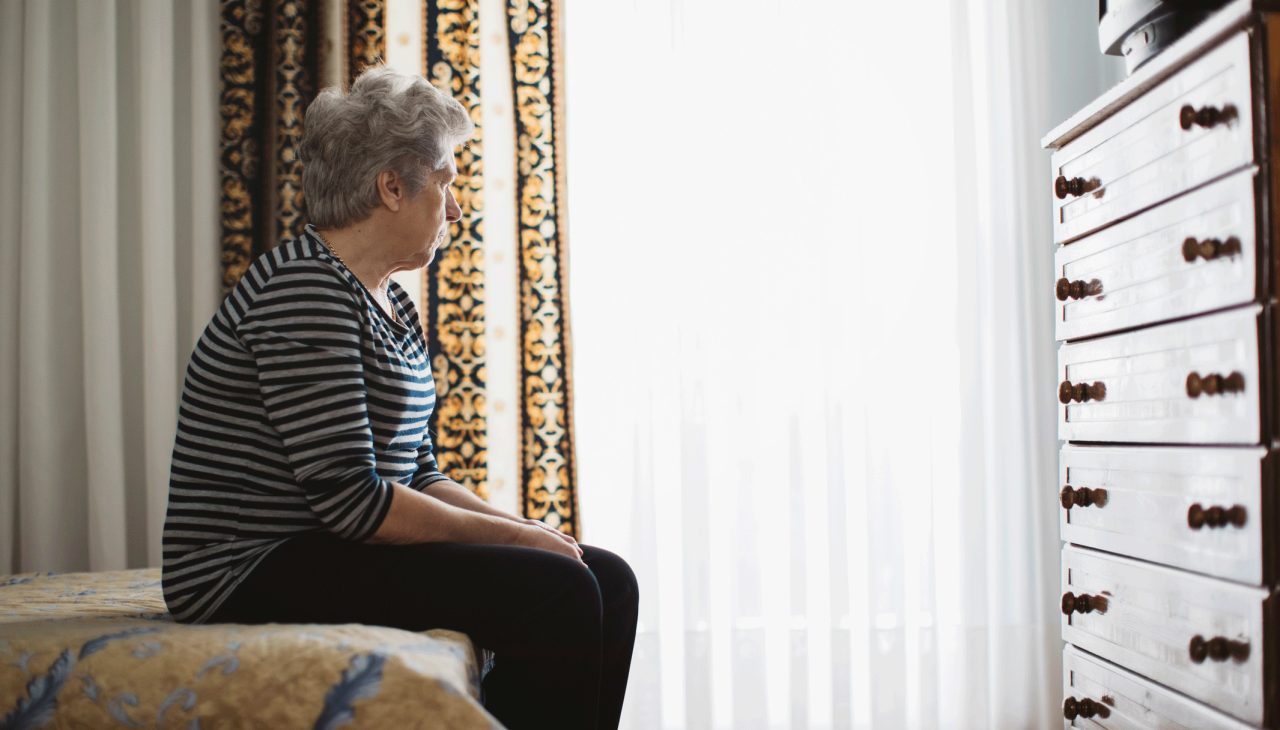Social Isolation and High Blood Pressure in Older Women

Widows are especially likely to have high blood pressure, but older men who live alone aren’t. Lack of social ties are as unhealthy as being overweight, living with air pollution, or eating too much salt.
Is it safe to live as a loner?
Social isolation isn’t good for anyone, but it seems to affect women differently. Middle aged and older women who are isolated are much more likely than men to develop high blood pressure, increasing their risk of heart disease and stroke.
Blood pressure levels above 140/90 are considered “high,” and if they stay at that level you have high blood pressure, also called hypertension.
YOU MIGHT ALSO LIKE: Women Need Screening for Risk Factors for Heart Disease
In research, using data for more than 28,000 adults aged 45 to 85 from the Canadian Longitudinal Study on Aging, researchers concluded that women who didn’t have a romantic partner and engaged in fewer than three social activities a month (or had a small social network) had higher odds of hypertension. Widowed women had the highest odds.
Lack of social ties for women was as bad as being overweight, living with air pollution, or eating too much salt.
Among men, the opposite was true. Men who had smaller networks and lived alone had lower blood pressure. Sharing a home with others was linked to higher blood pressure.
An earlier analysis of the same data found a similar pattern with obesity: men were less likely to be obese if they lived alone and had a smaller network, but women who were single, widowed, divorced, or separated had a greater chance of being obese.
The findings are a surprise, since a good deal of science shows that social isolation is bad for your health, whether you’re male or female. In a report this year from the National Academies of Sciences, Engineering, and Medicine (NASEM), for example, researchers said that social isolation significantly increases risk of dementia and premature death from all causes. It’s a common problem, affecting about a fourth of seniors, sometimes because of chronic illness, hearing loss, or the deaths of partners, family, and friends.
But men may experience different effects on their health. Early research, following nearly 33,000 healthy men over four years, found that socially isolated men (not married, with fewer than six friends or relatives, and no memberships in religious or social organizations) had a 90 percent increased risk of cardiovascular death and more than double the risk of death from an accident or suicide. They also had double the risk of non-fatal stroke.
It may be that men can tolerate more isolation without feeling lonely. Some people can be socially isolated without feeling lonely, while others feel lonely even though they have more contacts. They may feel disappointed in the quality of the contacts or worried that their contacts aren’t stable.
Loneliness increases your risk of heart disease, stroke, depression, anxiety, and suicide. The NASEM study reported that among heart failure patients, loneliness was linked with a nearly four times higher risk of death.
For decades, it looked like more Americans were living heart-healthy lifestyles and keeping their blood pressure in a good range. But in recent years, the trend has turned negative. Research has found that some 11 percent fewer Americans were adequately managing their blood pressure, compared to a few years earlier. They may not have the right medication or may not be taking it properly. It’s also possible that loneliness is playing a role.
High blood pressure isn’t difficult to control if you take medication, exercise, and eat a healthy diet. Can you find a walking buddy or join an exercise class? The socializing will boost your health as well.
Updated:
July 12, 2021
Reviewed By:
Janet O’Dell, RN